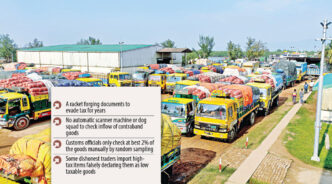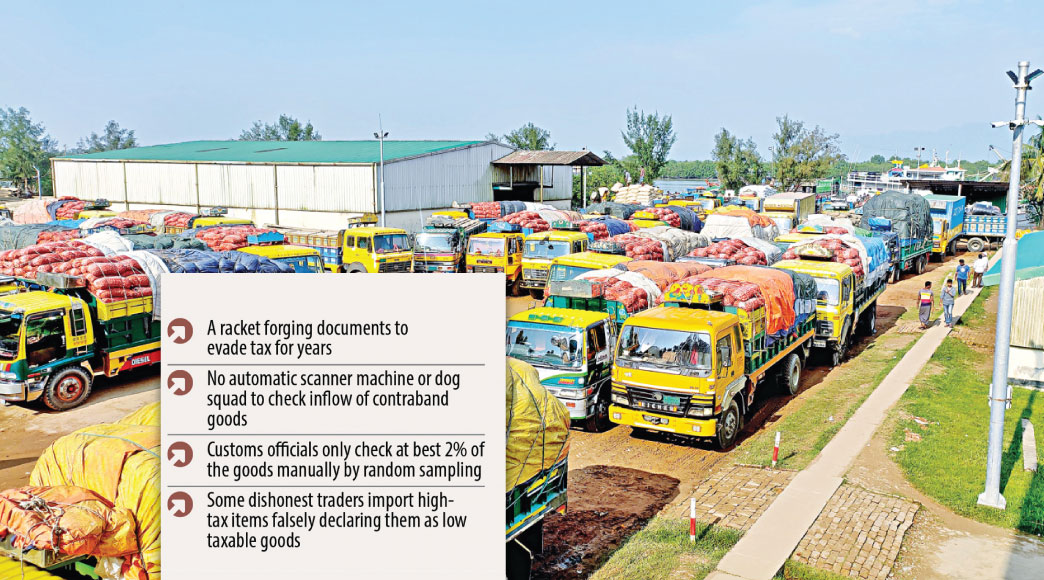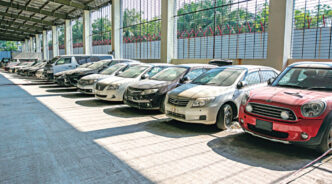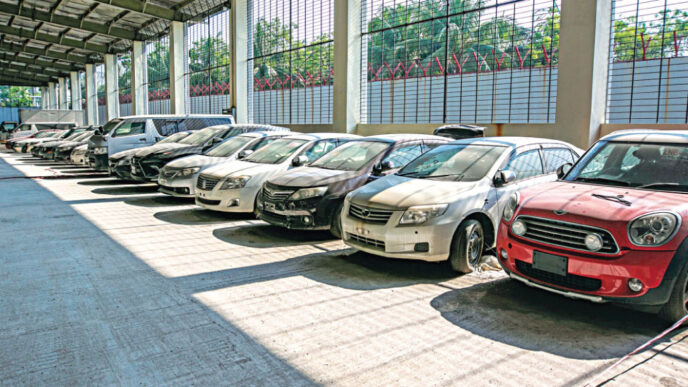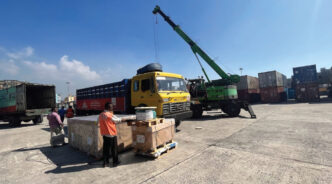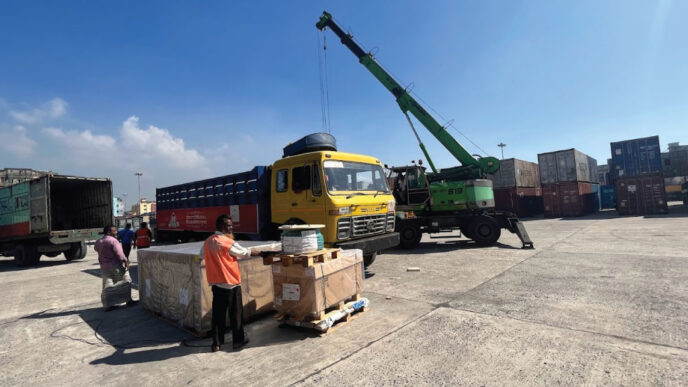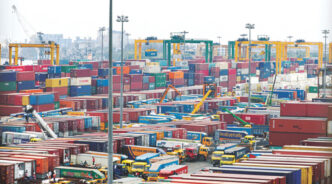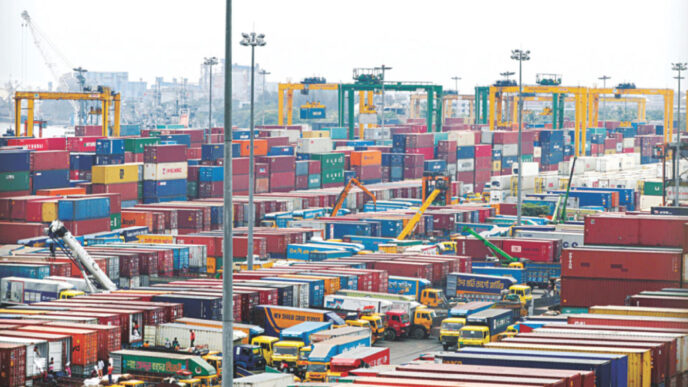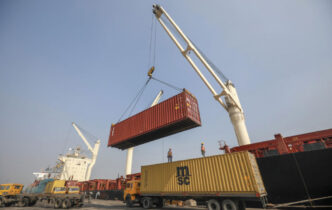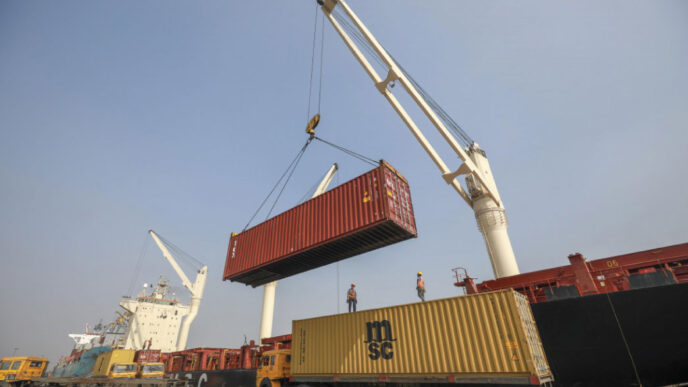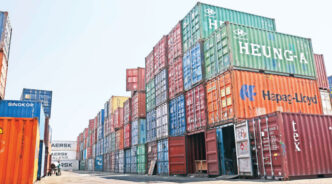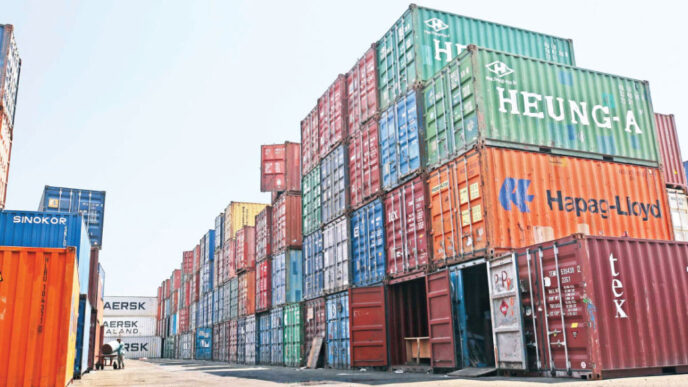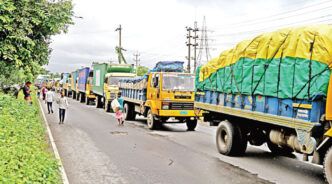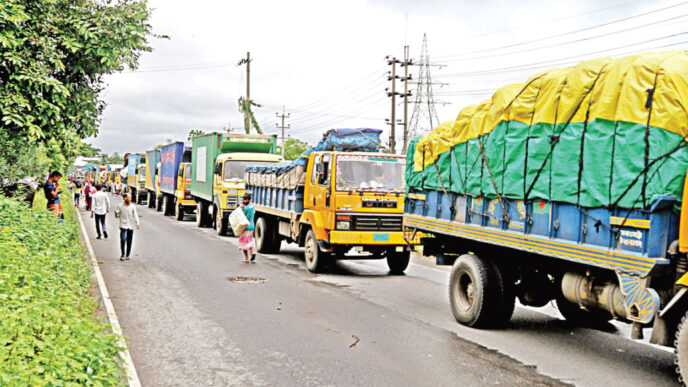On the face of it, Teknaf Land Port is as clean as a whistle.
The lone gateway to trade with Myanmar has little or no record of confiscation of Yaba or reported cases of tax evasion through the false declaration of goods.
But the ground reality suggests something else.
The land port with the poor scanning system, lack of security and absence of proper import-export documents has long been exposed to smuggling of illegal and contraband items like Yaba and tax evasion by dishonest traders.
The clandestine activities at the land port came to the fore following the arrest of Nurul Islam, a computer operator-turned-billionaire, on September 14.
Islam used to lead a racket that helped in the smuggling of Yaba and other goods and forged documents to evade tax in the land port for years, according to the Rapid Action Battalion.
He made a fortune of about Tk 460 crore, a far cry from his start as a computer operator at the port’s customs house for a daily wage of Tk 130, Rab said.
The fortune was made by forging documents between 2001 and 2009, according to Rab. During the period, the government earned Tk 320 crore from the land port.
The corrupt practices have been going on for a long time in connivance with a section of corrupt customs officials and dishonest traders, The Daily Star learnt after speaking with people in Teknaf.
In the absence of any automatic scanner machine, customs officials only check at best 2 percent of the goods by random sampling and that too manually, which is not sufficient to detect illegal goods inside any import consignment, they said.
Several traders said some dishonest traders import falsely declaring high tax items as low taxable goods.
The rackets including that of Islam’s used to help release those, bribing a section of corrupt customs officials.
For instance, it is not possible to identify coffee in the pickle bag without a scanning machine, said a trader wishing anonymity. The tax on pickles is only Tk 5 per kg while the tax on the same amount of coffee is Tk 500, he said.
As far as security measures are concerned, the correspondent found cargo boats from Myanmar were entering the port without any checking by the port authority. The staffers of the boats were seen roaming freely in the markets surrounding the port.
Local traders, clearing and forwarding agents and port workers were also walking into the boats from Myanmar unrestricted.
Most of the workers of the port are Rohingyas, who have been sheltering in various camps in Bangladesh for a long time, said Nazrul Islam, the proprietor of Teknaf Trading, which provides all the labour at the port.
The locals did not want to work as labourers in the port, where onions, wood, fish, shoes, betel nuts, rice and cosmetic items come through.
“It is very surprising that no Yaba consignment has so far been seized at Teknaf land port, which is believed to be the major route for its smuggling in Bangladesh,” Ehteshamul Haque, technical officer (customs) of the World Health Organisation, told The Daily Star recently.
It is not possible to separate Yaba from other goods by checking manually, said Haque, who previously worked at the National Board of Revenue, the Bangladesh Customs and the World Customs Organisation.
Scanner machines or dog squads are needed to check such smuggling through the Teknaf port, he said, adding that both are becoming a mainstay at borders and ports across the world to prevent smuggling.
Abdun Noor, revenue officer of Teknaf Land Port Custom, said that they weigh all imported and exported goods.
If there is any irregularity, it will be caught by weighing scale, he said.
Jasim Uddin, general manager of the port, denied any irregularities.
“We are ensuring maximum security here. No one can enter or exit without our concern. As far as I know, no Rohingyas work here,” he said.
Usually, a trader needs multiple documents — a letter of credit, packing list, bill of lading, general manifest (IGM) copy by the shipowner and others — for importing or exporting goods.
But Teknaf Land Port — where about 4.15 lakh tonnes of goods worth about Tk 3,400 crore were imported between 2017 and 2020 — is an exception, said customs officials.
Unlike any other port, traders can import goods through Teknaf showing only a single document: the bank draft.
Sonali Bank and Myanmar Economic Bank are nominated to issue bank drafts on border trade by their respective governments under an agreement signed on May 18, 1994.
The bank draft only mentions the name of the importing company and the dollar amount.
In the absence of standard documents, customs duty is levied based on the information given by the traders after import.
There is no opportunity for the customs authority to verify the authenticity of the document with the institution or bank of the exporting country, according to Noor.
Manpower shortage is also handicapping the land port, customs officials said.
There are only seven government staff at the port against a sanctioned headcount of 19, said a customs official seeking anonymity.
The National Board of Revenue has already been asked to install the scanner machine, said Shahin Akter, revenue officer of the port, adding that an initiative is underway to make the identity card compulsory for entry to the port.
“The situation in the port has improved a lot in the last few months,” he added.
The government has a plan to set up scanner machines in all land ports of the country including Teknaf, Zakia Sultana, member of the NBR’s customs audit, modernisation and international trade, told The Daily Star at the end of October.
She, however, could not say how long it would take to implement the plan.
In the first 11 months of this year, about 53,000 tonnes of goods worth about Tk 812 crore were imported through the Teknaf Land Port.

